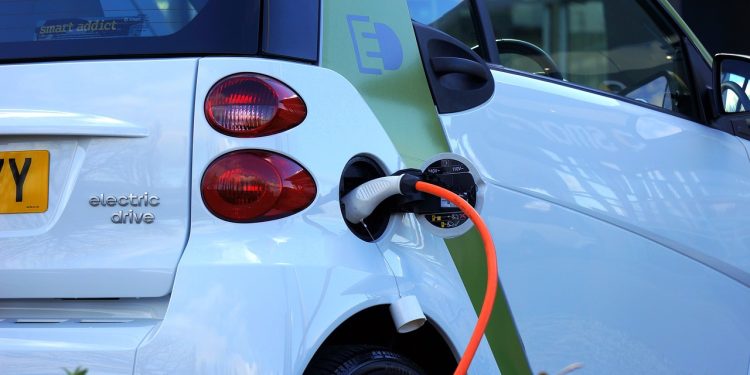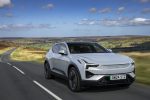The Cost Of Owning An Electric Vehicle: Is It Worth It

As people become more conscious of their expenses, they increasingly turn to electric vehicles (EVs). However, the question of whether this decision helps them reduce their vehicle costs or not arises.
EVs are generally less expensive to fuel and maintain, making them more affordable to own and operate.
However, some are skeptical. They argue that the premium pricing of many EVs makes them more expensive to own over the long term.
Therefore, the complex economics of EVs make it difficult to compare the cost per mile of an electric car with its gas-powered counterpart.
We have put together some key points in this article to address this issue. These points will help you investigate whether the cost per mile of an electric car is truly cheaper.
Cost Of Buying A New Car
Electric vehicles (EVs) are gaining popularity due to their eco-friendliness and cost-effectiveness. However, the initial purchase price, insurance, and repair costs can make owning an EV more expensive than a conventional car.
Even after selling or trading in a conventional car, the cost of an EV can still be $10,000 or more. You can choose to buy a cheap EV. However, if you live in an area with low electricity rates and charge at home, it will take several years to break even. On the other hand, you can find several ev charging points london around every corner of the street.
This is not a new concern. Many people have bought fuel-efficient cars at a higher net cost than they could ever save on fuel.
Unlike conventional cars, EVs do not require maintenance costs like fluid changes and frequent brake service. Many people buy an EV to save money and the environment. Therefore, it returns their investment through fuel savings and environmental benefits.
You can maximize the environmental return on investment. Therefore, consider alternative ways to use the money spent on an EV. This includes installing rooftop solar panels or building a Zoom room to reduce business air travel.
EV & Gas Cars: Cost Analysis For Three Years
Let us focus on the cost of owning a car during the first three years, excluding financing and insurance premiums.
In long-term tests of 40,000 miles, maintenance costs are higher than the pre-mile figures.
However, electric vehicles are expected to be more affordable since they require no oil changes.
Therefore, the energy usage is calculated using the Environmental Protection Agency’s estimate. This estimation is calculated on the gallons and kilowatt-hours used per 100 miles.
For instance, Hyundais and F-150s are more efficient than Konas due to their compact size. The Kona and F-150 use regular gasoline, which cost $3.70 per gallon on average nationwide in September 2022.
Moreover, gas prices are volatile due to inflation, the Russian Invasion, and other factors. The study assumes the price will remain stable at October’s price for the foreseeable future.
Depreciation Factor Of EVs
Depreciation can significantly impact the value of any car, especially electric vehicles (EVs).
As cars are owned, they often lose value, leading to significant costs per mile. For instance, consider a new Subaru worth $35,000.
Therefore, after five years, it has an average resale value of 84.41% of its original price. This depreciation value is equivalent to $3 per day.
However, luxury brands like Tesla have a better resale value, with a projected 72.58% of their original value after five years.
For example, a $60,000 Tesla Model 3. The car would incur $16,452 in depreciation over the first five years, roughly $9 per day.
Costs For Replacing EV Battery
Electric vehicles (EVs) have a unique depreciation pattern due to the eventual replacement of their battery pack.
As the vehicle ages, the battery pack loses its ability to deliver satisfactory range, and a replacement becomes necessary.
Battery replacement costs vary widely, with a median estimate of $10,000. However, it is difficult to determine the exact cost. This is due to the need for a competitive battery-replacement market and uncertainty about who will bear the cost.
The electric vehicle market still needs to be mature enough to rely on. If you buy a late-model used EV, you may have to pay for the cost when the vehicle’s range drops.
This could result in an expense or loss of value that undermines the overall economic benefits of driving electric.








